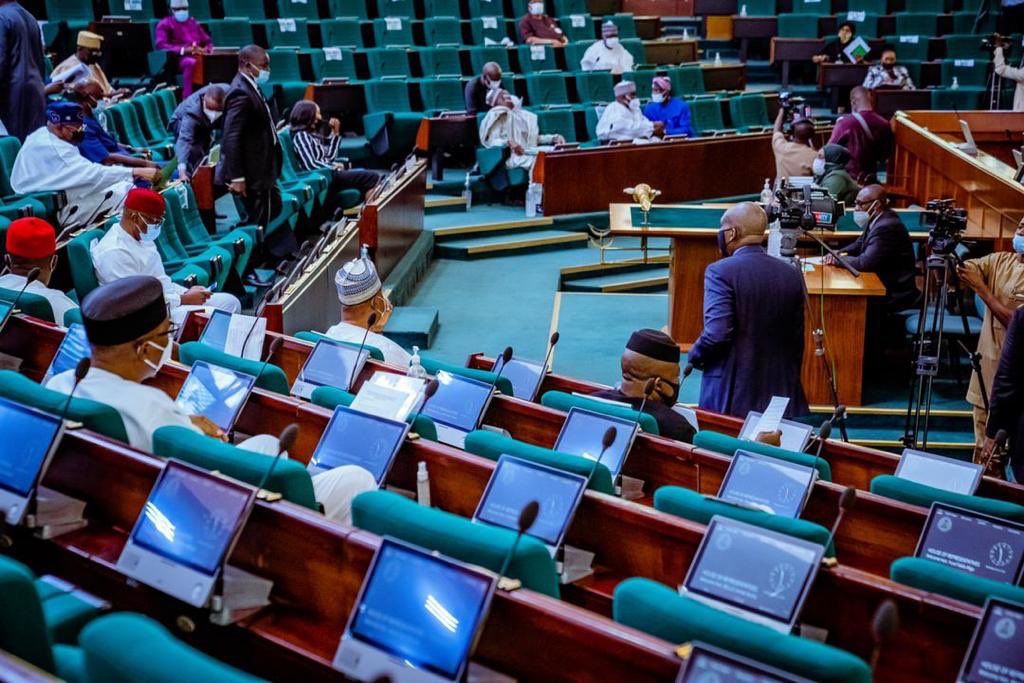2023 elections: Reps call for closure of tertiary institutions
The House of Representatives has called on the National Universities Commission (NUC), the Federal Ministry of Education, the National Board for Technical Education (NBTE) and the National Commission for Colleges of Education (NCCE), and other bodies to order all tertiary institutions to suspend academic activities till after the general elections. It also called on the […]

House of Representatives
The House of Representatives has called on the National Universities Commission (NUC), the Federal Ministry of Education, the National Board for Technical Education (NBTE) and the National Commission for Colleges of Education (NCCE), and other bodies to order all tertiary institutions to suspend academic activities till after the general elections.
It also called on the Independent National Electoral Commission (INEC) to make special arrangements for students to collect their permanent voter cards (PVCs).
This followed the adoption of a motion on matters of urgent public importance moved by Rep Kabiru Ibrahim Tukura at the plenary on Thursday.
Presenting the motion, he said that the academic calendars of tertiary institutions had been structured to disenfranchise students as they had not considered the dates of the elections.
Northern groups allege plot to scuttle 2023 elections
Students urged on religious, ethnic tolerance
He said, “According to available statistics, there are over 2.1 million students currently studying in Nigerian universities while over 2.4 million are students in polytechnics, monotechnics, and colleges of education.
“3.8 million of the newly registered voters are students accounting for 40.8 per cent of the total number of newly registered voters as stated by the Chairman of the Independent National Electoral Commission (INEC), Prof.Mahmoud Yakubu, at the commission’s 2022 third quarterly meeting with political parties in Abuja.”
He added that while the students were busy with academic activities, INEC was engaged in distributing PVCs at the wards across the 774 local government areas which deprived many of them of the opportunity to get their PVCs.
